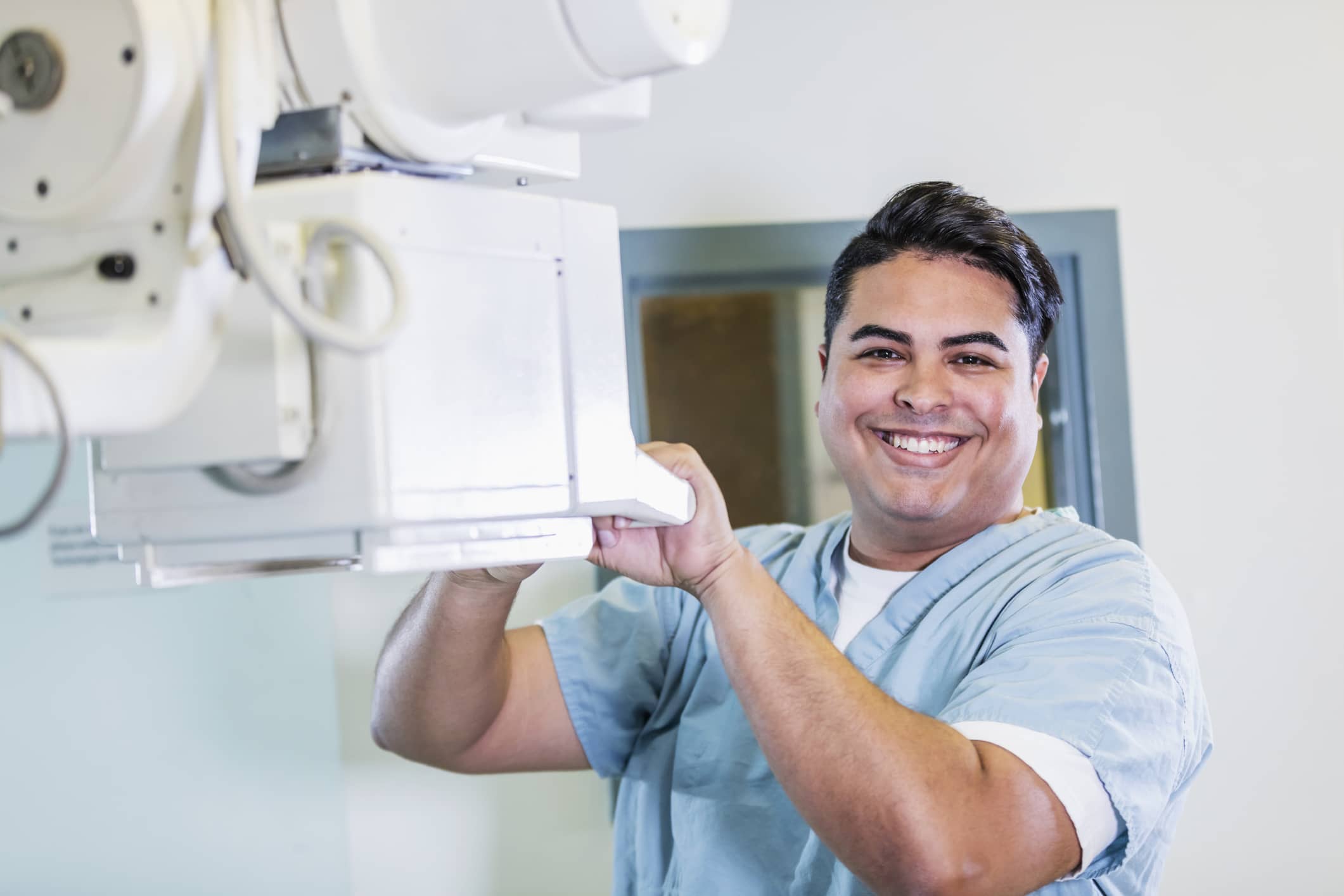
5 Ways to Reduce Cath Lab Patients’ Anxiety
How cardiovascular techs and cath lab nurses can instill calm and improve the patient experience
It’s very normal for a patient, especially a first-timer, to be anxious when arriving in the cardiac catheterization lab. And can you really blame them?
“If their cardiac symptoms are new, this procedure may lead to a diagnosis that can significantly impact their life,” noted clinical practice specialist Mary Stahl, MSN, RN, past president and current spokesperson for the American Association of Critical-Care Nurses (AACN).
A cath lab patient’s feelings of anxiety can range from mild to severe--and in fact, some may be so anxious that their blood pressure and heart rates shoot up.
“They’re diaphoretic and tachypneic and may have difficulty being still,” said Stahl. “They may feel fearful about the experience and the potential outcomes of the procedure.”

As a cath lab nurse or cardiovascular technologist (cath lab tech), you can play a significant role in easing patients’ fears and calming their nerves, thus improving the entire experience for them. Consider these strategies to help make the experience as positive as possible for your patients:
1. Connect with the patient. When the patient arrives, introduce yourself by name and role. In fact, everyone involved with the procedure should do so. You can even chat with the patient, get them talking about something that puts them more at ease. You’ll be calming their nerves while also building the patient’s trust in you and your team.
2. Educate the patient. Research shows that education and psychological preparation in advance can reduce a patient’s anxiety. If a patient comes in without receiving any information or education in advance, or if they can’t remember everything they’ve been told, a cath lab nurse or technician should take the time to give them some information and make sure their questions are answered. Some patients may want a lot of detail, while others may not, so ask them how much information they’d like to get.
3. Keep them informed. Sometimes, the lab gets backed up and procedures get delayed. The delay can ratchet up a patient’s anxiety level, so be sure to let them know what’s going on. If you can, give them an estimate for when their procedure will be done.
4. Continue to check in with the patient about how they’re feeling. “Sometimes education and verbal reassurance, such as ‘I’ll be right there with you, making sure you’re fine,” are enough to calm their fears,” said Stahl. “Other patients may need axiolytic medications in addition.”
5. Check your own anxiety levels--and focus. Your patients need you to be as calm and confident as possible, so don’t let their stress transfer to you. Newer cath lab techs and nurses may also feel some pangs of anxiety before procedures, or personal issues can sometimes take a toll. Practice taking some deep breaths and reminding yourself to focus on your patient. When you’re not working with a patient, you may want to talk to your colleagues about your feelings--sharing can sometimes help resolve the problem.
Something else to consider, especially if you’re relatively new to cath lab jobs: you might want to spend some time anticipating your patient’s feelings and concerns, including possible complications, and educating yourself on possible responses. You could even pursue the Cardiac Medical Certification (CMC) from the American Association of Critical-Care Nurses Certification Corporation to provide validation of your efforts to educate yourself and to stay on top of the latest research and knowledge, noted Stahl.
CONTACT a recruiter at AMN Healthcare to get answers to your questions about allied travel.
© 2016. AMN Healthcare, Inc. All Rights Reserved.
Additional Allied Travel Resources
While you continue your search for the perfect allied healthcare position, AMN Healthcare provides great resources to keep your career moving in the right direction. Begin the application process now, and then learn more about how AMN Healthcare can help you keep your career on the move.
- EAP: Our allied travelers gain access to a valuable set of Employee Assistance Program benefits.
- Allied Travel Jobs by Specialty: Explore allied jobs and learn about hourly salaries and the benefits of working in travel jobs.
- Search All Allied Jobs: Uncover new possibilities in your allied career by exploring both short and long-term options.
- Allied Healthcare Jobs: Learn how we can help move your career in amazing directions, both professionally and geographically by exploring opportunities by each state.
- More Allied Resources: Use the content here to learn everything you need to know about our allied recruitment process, including information on salary and benefits.



